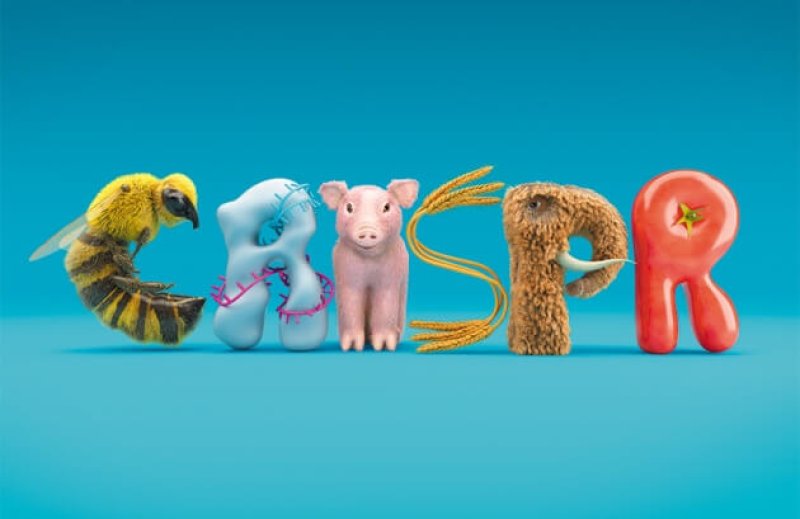CRISPR has changed the way alterations are made; so in the past year the FDA clarified their position, any intentional genetic modification resulted in a “drug” subject to FDA review. This is a very different conclusion than the one reached by the FDA about plants, were CRISPR modifications that did not involve insertions of foreign genes, just simple base substitutions or deletions do not automatically need to be reviewed.
…
We have been breeding animals for generations where random mutagenesis does the work, and we choose the phenotypes we want to promote. The same underlying base substitution or deletion performed randomly by nature, when performed intentionally, now requires regulatory oversight and solely for animals. It makes little scientific or common sense. If plants with simple base changes are considered “biosimilar” enough to not require additional regulation, what is there about an animal that doesn’t allow for “biosimilar” at all?
What is different about animals that the process and not the resulting product pose a risk? From a scientific point of view, nothing.
Read full, original post: Why Is CRISPR OK For Plants But Not Animals?































